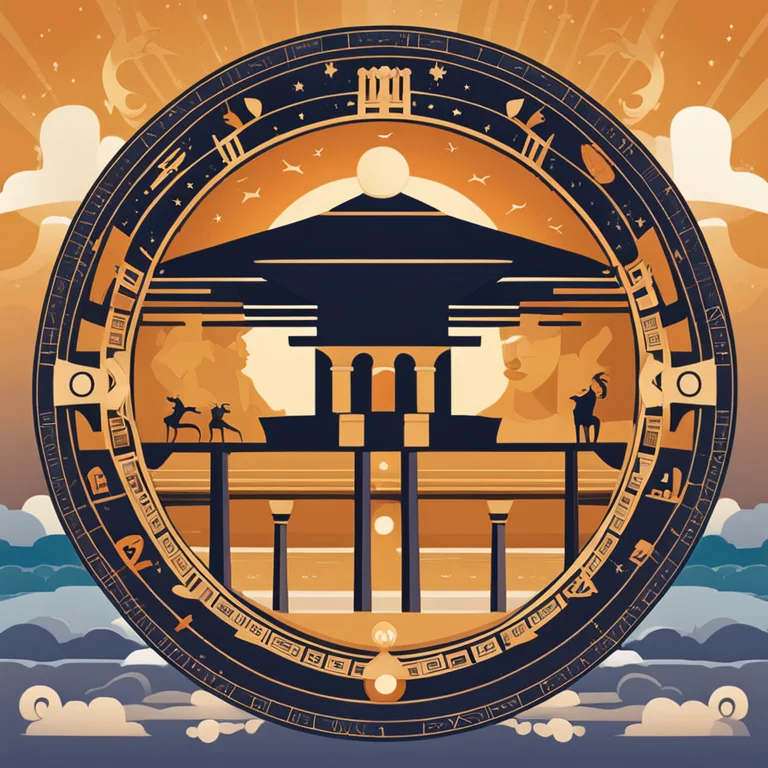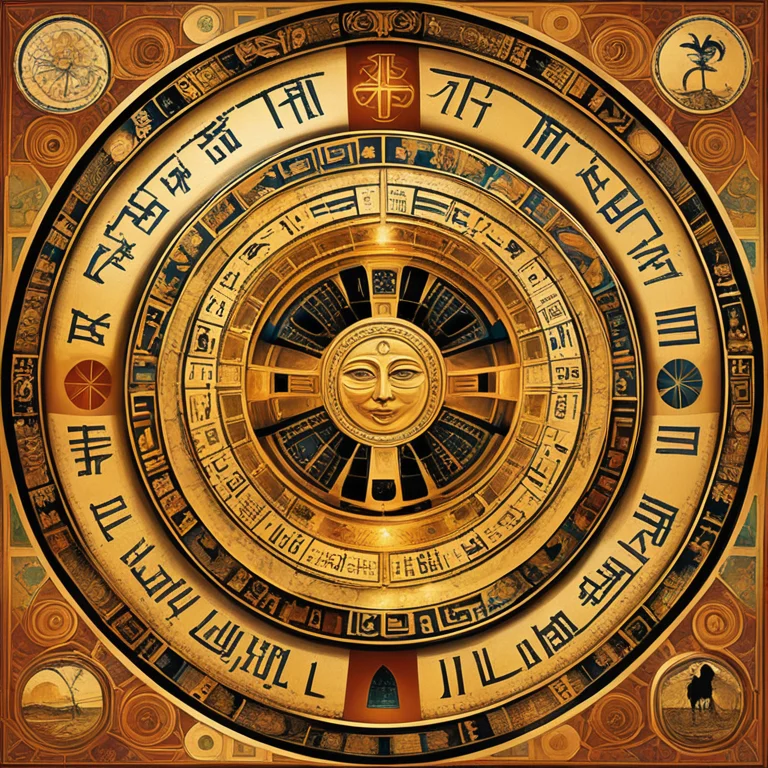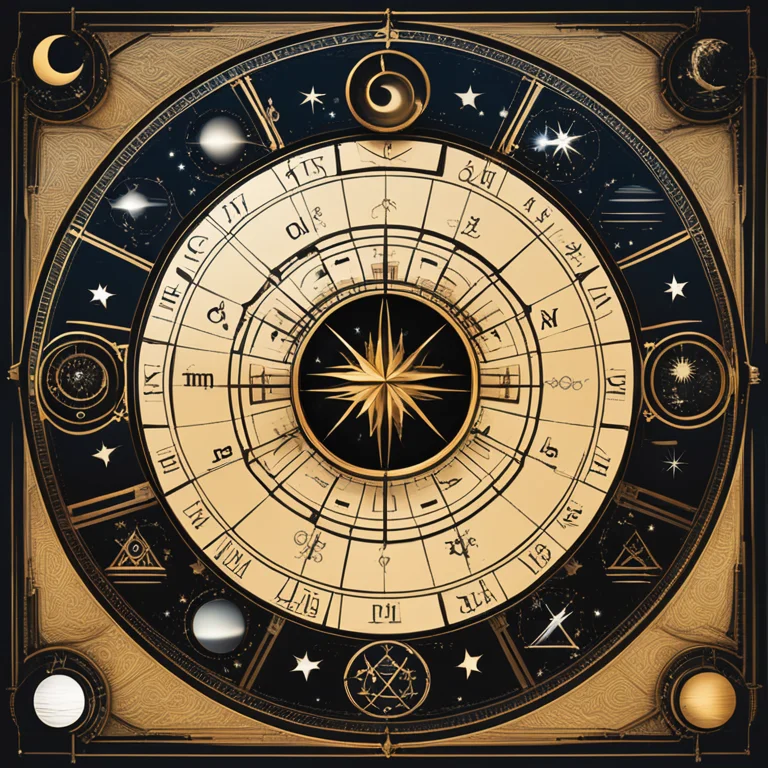
The Roots of Zodiac Signs Explored
Delve into the fascinating historical tapestry of the zodiac, its cultural significance across civilizations, and its enduring impact on modern astrology.
article by Priya Deshmukh
The Dawn of Astrology
Astrological practices date back thousands of years, originating in various ancient cultures that looked to the skies for guidance and wisdom. The first semblance of the zodiac emerged in Babylonian astrology, a system that meticulously recorded celestial movements. It was here, under Mesopotamian skies, where the zodiac's framework began. Zodiac signs became a tool to predict seasonal shifts, which were crucial for agriculture. As these observations grew more sophisticated, so did the belief that celestial events were mirrors of earthly happenings.

Stars to Symbols
Ancient astronomers divided the sky into twelve distinct sections, which corresponded with the year’s twelve lunar cycles. Each was associated with specific constellations seen when the sun rose at different times of the year. Over time, these constellations were linked to mythological figures from various cultures, imbuing each zodiac sign with personality traits and stories. This merging of astronomy and mythology laid the groundwork for the astrological zodiac, characterizing each sign with its unique attributes.

Cultural Confluence
Zodiac knowledge spread far and wide due to cultural exchange. The Greeks, who were heavily influenced by the Babylonians, integrated the zodiac into their own practices. Ptolemy's 'Tetrabiblos' became a cornerstone of Western astrology, persisting through the Middle Ages and Renaissance. Meanwhile, the zodiac appeared in Vedic astrology, known as Jyotisha, imbued with Hindu cosmology and spirituality. Across these cultures, the zodiac served as a universal language connecting humans with the cosmos.

The Zodiac Today
Fast forward to 2024 and beyond, the zodiac continues to captivate. Modern interpretations lean on traditional attributes but are revised to resonate with contemporary understanding. Astrologers construct horoscopes with a blend of timeless symbolism and present-day insights. While some debate the scientific validity of astrology, its psychological, cultural, and entertainment value endures. Its application spans daily horoscopes, compatibility assessments, and self-reflection tools, maintaining the ancient wonder of the stars.

The Zodiac in Modern Context
Astrology in the 21st century interweaves ancient knowledge with new-age thinking. Issues of gender, identity, and global shifts influence current astrological discourse. Predictions are no longer one-size-fits-all but tailored, focusing on personal journey and growth. Astrologers consider upcoming planetary transits, like Saturn entering Pisces in 2024, to provide relevant guidance. Whether seeking advice or entertainment, the modern zodiac forms a bridge between our past and present selves.
Final Musings on the Zodiac's Appeal
Our fascination with astrology and the zodiac is a testament to its resilience through the ages. It has adapted and survived, finding new relevance with each generation. The zodiac’s intrigue lies not just in forecasts but in the exploration of human nature and its reflection in the cosmos. The zodiac remains a source of comfort, curiosity, and a nostalgic bond to our ancestors who first mapped the stars with awe.
Published: 1/9/2024
Modified: 1/10/2024
More predictions
Come back here soon to learn more about yourself and your future


The Fluidity Of Astrological Forecasts
Examining the fluidity of astrological forecasts and the potential for personal agency to change our cosmic paths.


Can Astrology Forecast Divorce?
Examine the potential of astrology to forecast marital stability and forewarn about possible divorce scenarios in relationships.


Astrological Forecast: Can It Predict Divorce?
Delve into the intriguing world of astrology to explore its potential in forecasting relationship outcomes such as divorce.